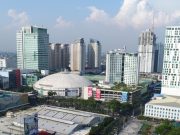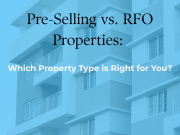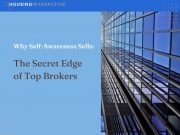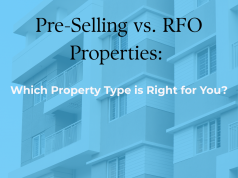
Owning a property is very liberating. The thought of starting a life, taking control of your expenses, and having a place to call home. Remember that buying a house also means that there are also responsibilities at hand such as taxes and fees you need to familiarize with. Purchasing a property is one thing, but there are so called hidden fees that you should know about.
Here are the things you should know about before purchasing a home:
Notarial Fee
If you want to buy a home, the Deed of Absolute Sale is required to be notarized. The fee is about 1-2% of the property selling price. For instance, purchasing a house in Taguig with a price of ₱32,000,000 requires you to pay a Notary Fee ranging from ₱320,000 to ₱640,000.
Local Transfer Tax
Local Transfer Tax Fee is imposed if the property is being transferred from one person to another. The transfer tax varies on the property’s location. If it’s situated in the city, the tax will be 0.75%. On the other hand, if the property is in the province, the transfer tax is positioned at 0.5%. As a homebuyer you can get the exact amount that you will be paying at the nearest City Hall or Municipal Building.
Registration Fee
It is important when buying a home, you should also register the Deed of Absolute Sale. To calculate the fee, for example the selling price of one house in San Antonio is ₱15,000,000 you need to pay ₱8,796.00. The most important thing here is that because the price goes beyond ₱1,700,000, the buyer should add ₱90 for every ₱20,000 excess. So the calculation will be as follows:
Registration Fee = ((P15,000,000 – P1,700,000.00)/P20,000.00)xP90.00 + P8,796.00 =P68,646
Documentary Stamp Tax
This tax is imposed by the Bureau of Internal Revenue. The documentary stamp tax is paid by the property investor or homebuyer who is signing the contract after the transaction is made either by sale or loan agreements. The person who is purchasing the property should pay 1.5% of the property selling price. It is important because according to the National Tax Research Center, if the buyer does not pay this and he/she is facing a law case, the property cannot be admissible to court since the property is not properly documented. NTRC also created a table for instruments and their respective tax rate for the convenience of everyone.
Real Estate Agent Fee
Real Estate Agents are the one who is speaking on your behalf while talking or negotiating to another party who is selling the property. They also have a fee for their service that includes closing the deal at a reasonable price and by handling the paperworks for the said property.
Move-in fees
Let us say that you purchased a condo apartment for sale in Mandaluyong or a house for sale in Makati, you as a buyer should be aware of the conditions and responsibilities of staying in the development. The amenities, services, and facilities do not come for free, these features are incorporated in the contract that you signed and included in the fee that you are paying annually. This fee is required to ensure the functionality and the efficiency of the services for the convenience of its residents.
These are the hidden charges in acquiring a property in the Philippines. Acquiring a condo apartment or a house is not an easy manner. There are fees and payments that you need to be mindful about, but once you get all of these in check, living in the city or the province can be a piece of cake with dozens of opportunities within your reach.

























